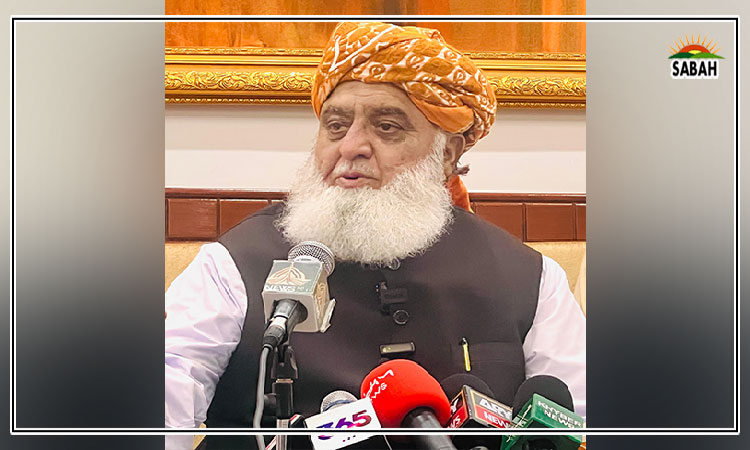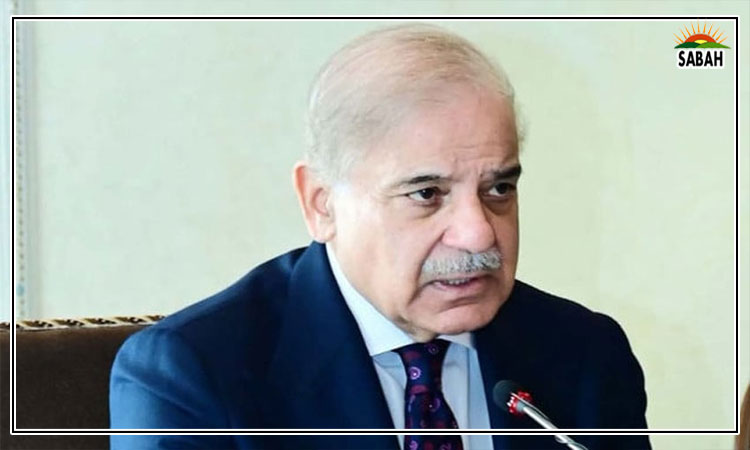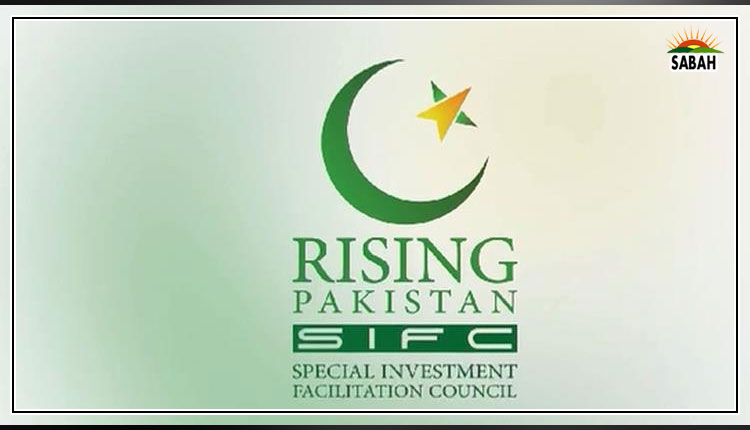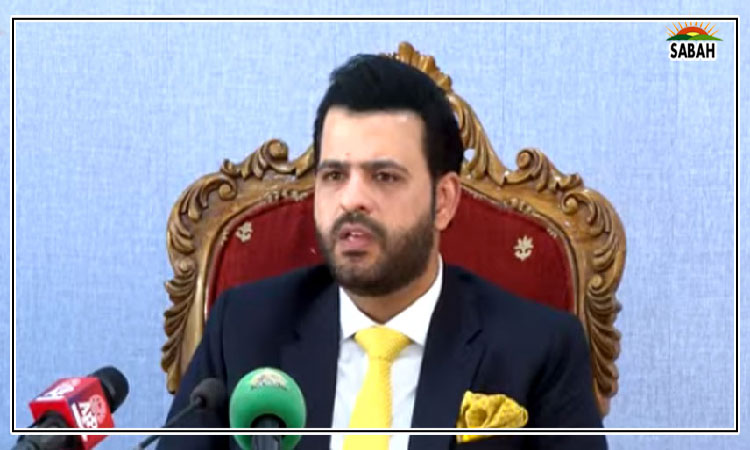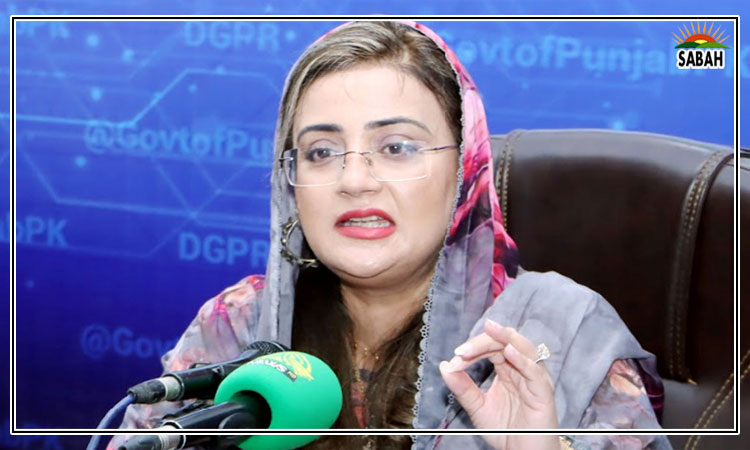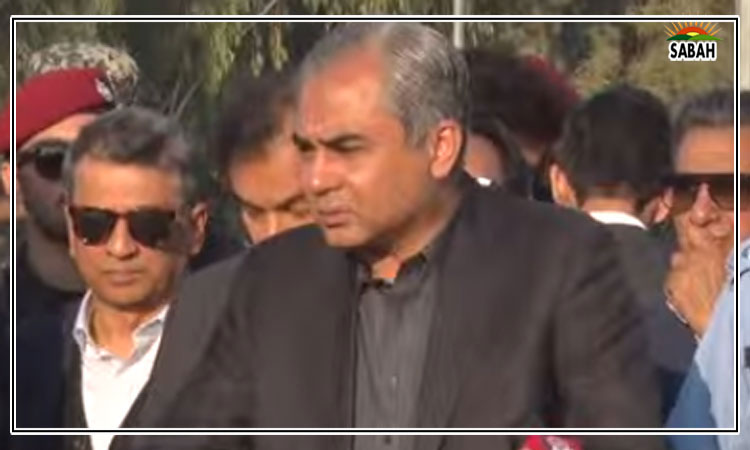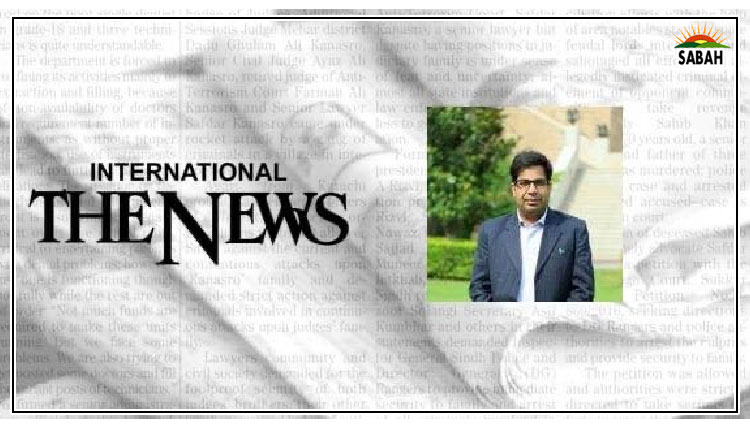The G20 conundrum…Amanat Ali Chaudhry
The meeting of foreign ministers belonging to the G20 countries, held in India, ended without producing a consensus statement. It is the second occasion in a span of two weeks when the G20 grouping displayed seemingly unbridgeable differences over the wording of the joint communique vis-a-vis the Russian-Ukraine imbroglio.
As expected, the meetings of foreign ministers and finance ministers and the chiefs of the central banks were dominated by the divergent positions on the ongoing Russia-Ukraine war. Despite host Indias best efforts to bring the opposing parties around the Bali joint statement, China and Russia refused to budge from their position that the G20 forum could not be used for a discussion on political matters.
The impasse led India to release the Chairs summary and outcome document, which summed up the two days of talks and mentioned disagreements. The discussions largely focused on the disruption of the global supply chains, the impact of the Russia-Ukraine war on food, and energy prices and risks to financial stability as well as enhanced fragilities in the global economy.
The outcome statement also noted the differences in the positions of the participating countries on the Russia-Ukraine war but claimed to have made progress. The highlight of the foreign ministers moot was an unexpected and unplanned meeting between US Secretary of State Antony Blinken and his Russian counterpart, Sergei Lavarov, on the sidelines of the main event.
The interaction lasted for 10 minutes and only served to reiterate the already known positions of both the countries. Mr Blinken, however, invited Russia to rejoin the New Start nuclear treaty and urged Moscow to release an ex-US Marine from detention.
Speaking on the failure of the G20 meeting to issue a joint communique, Indian External Affairs Minister S Jaishankar, stated, There was a large number of issues where there was agreement: multilateralism, food and energy security, climate change, gender issues, global health, terrorism. There was a considerable meeting of minds. If we had a perfect meeting of minds, we could have had a collective statement, but divergences on Ukraine did come in the way.
While the Western nations and the US were unequivocal in their condemnation of the war and held Moscow responsible for it, India adopted a neutral stance by refusing to term the Russian action as an act of aggression and called for a diplomatic solution. In recent months, New Delhi has sharply boosted its oil supplies from Russia by working around the Western sanctions against Moscow.
The Japanese finance minister aptly described the state of G20 parleys amid escalating war when he said, Its becoming difficult for the G20 to engage in a constructive discussion because of Russias invasion of Ukraine, which is an act that shakes the foundations of the global order.
The disagreements also manifested themselves on debt restructuring for the distressed economies during an IMF meeting with the G17 countries on the sidelines of the finance ministers moot. While IMF Managing Director Kristalina Georgiev, talked of a commitment to bridge differences for the benefit of countries, the fact remains that the meeting, which was an exercise in organizational conduct, merely scratched the surface of the globally explosive issue of debt without agreeing on any deliverables.
As blame game appeared to be a preferred course of action among the member states, developing countries continue to be hit hard by the soaring debt levels and the accompanying difficulties for their citizens.
Chinese Finance Minister Liu Kun asked the world and IFIs to actively participate in the debt relief measures by taking a larger haircut. A more detailed response was offered by the Chinese foreign ministry official who said, China takes the debt issue of developing countries seriously and supports relevant financial institutions to put forward solutions.
It is our consistent stance that multilateral financial institutions and commercial creditors, which hold the bulk of the debt of developing countries, should participate in the debt relief efforts, he added.
Of late the Western criticism of Beijing has mounted in view of China being one of the largest bilateral creditors whereby the US has emphasized that we need to see credible and specific assurances that (China) will meet the IMF standard of debt relief.
Looking at the outcome of two ministerial level interactions among the G20 countries, it becomes certain that the ongoing Russia-Ukraine war is determining the state of the world and shaping the behaviour of states. The repeated failure of the G20 to agree to a joint statement speaks to the wide gulf and deepening divisions that mark the present world order.
While the agenda for multilateral organizations such as G20 continues to become ambitious by the day, given that challenges such as climate-induced and natural disasters are complicating the state of the world, there is a disproportionate lack of determination and willingness on the part of the member countries to sort things out.
As the events playing out at the two consecutive meetings of G20 in 2022 and 2023 indicated, the ability of world leaders to craft a consensus is on the decline. Rising geo-strategic tensions are sure to mark the conduct of multinational groupings like the G20 in the months and years to come. Going forward, confrontation, not cooperation, will likely shape the interaction and mode of engagement.
This presents an added challenge of relevance and effectiveness to multilateral bodies and organizations at a time when the Western proponents of globalization revert to the cocoon of nationalism. The sight of the international platforms serving as an arena of rivalry will further erode the already diminished trust of the world.
Most experts predict that business-as-usual will become a new normal, as the G20 will muddle through with each meeting witnessing the playing out of conflicting positions. Consensus on global issues will be hard to come by. As progress on the expanded agenda gets impeded in such a scenario, there is a possibility that a trimmed agenda may become the focus of discussions, further narrowing focus.
It reflects poorly on the quality of the global leadership to be able to sit across the table and navigate through the crises in a spirit of cooperation. With deepening schisms, the future looks increasingly bleak.
Courtesy The News



